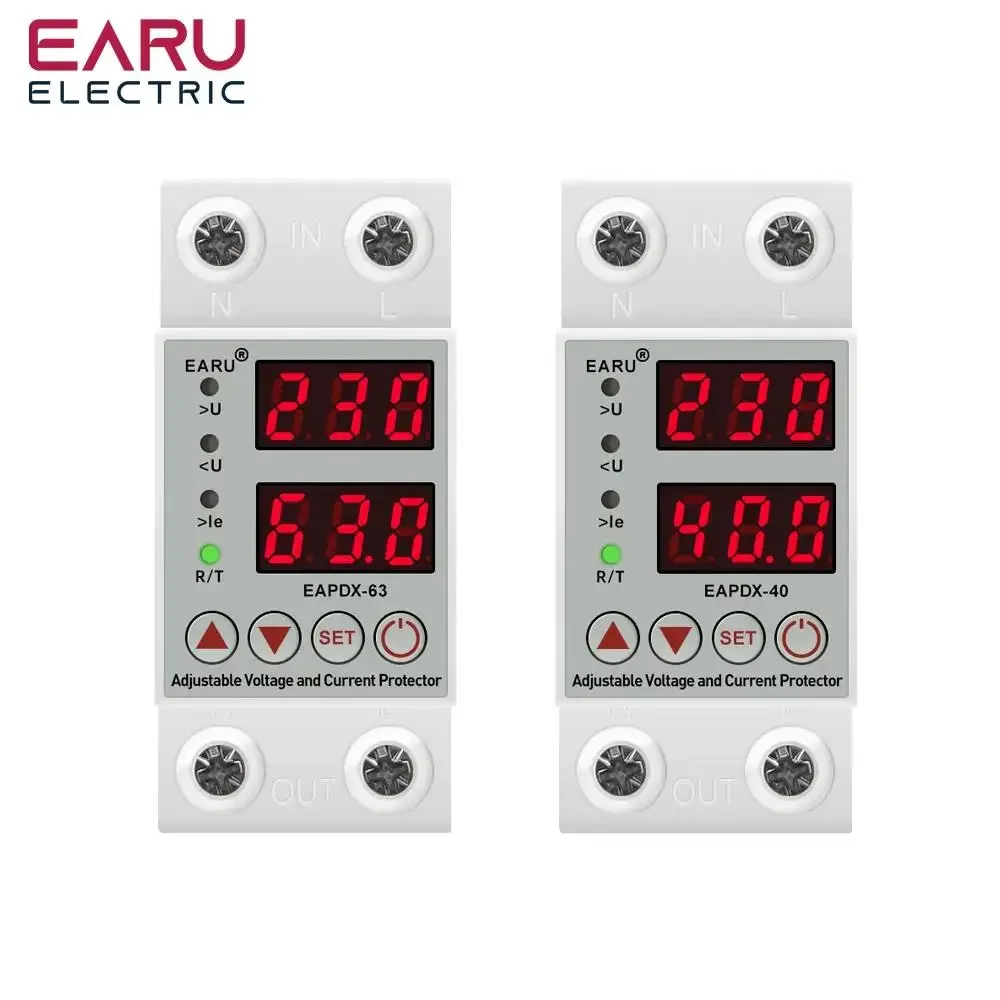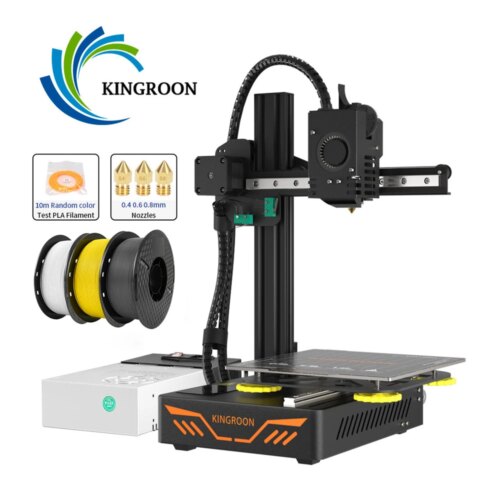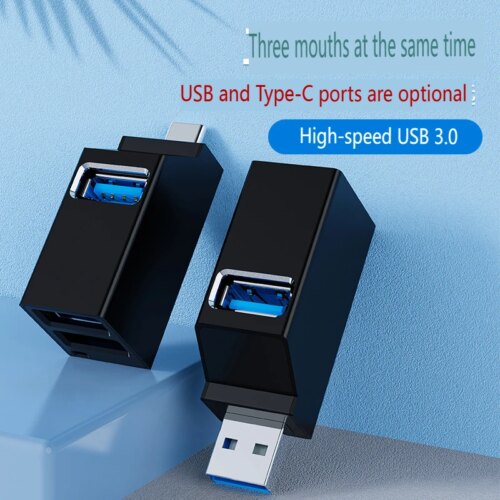40A 63A 230V Din Rail Adjustable Over Voltage And Under Voltage Protective Device Protector Relay Over Current Protection Limit






Price: 10.56 - 7.14
Function: 1. Under voltage protection 140V-200V (adjustable)
2. Over voltage proteciton 240V-300V (adjustable)
3. Over current protection 1A-40A/63A (adjustable)
4. Reconnect time (delay on time): 1s-300s
5. Voltage meter
6. Ammeter
Rated voltage: 220V; Frequency: 50Hz/60HZ
Error in real-time current, voltage : ≤5%





 I. Application
I. Application
Over Voltage And Under Voltage Protective Device With Auto-Reclosing Function (OUPA) is an intelligent protector integrated with overvoltage protector, under voltage protector and over-current protector. In case of over-voltage fault, under-voltage fault or over-current fault in line, this product can instantly power off to prevent electrical equipment from being burnt. The over-voltage, under-voltage and over-current values of this product can all be set up by yourself and can be adjusted on the basis of local practical condition.
II. Product features
2.1 In case of over-voltage fault, under-voltage fault or over-current fault in single phase line, the product can power off the line and can automatically restore connecting the line over a time delay after voltage of the lien is recovered to normal condition.
2.2 In case of transient over voltage in line, the product can protect the equipment from false operation.
2.3 In case that the line subjects to unstable voltage or sudden power-off and power-on due to loosened connection and other fault, the product will disconnect the line.
2.4 When fault voltage of the line reaches the peak, the product itself will not be damaged.
2.5 Voltage protection range: 0—450V for 40A; 0—600V for 50A/63A.
2.6 Impulse withstand voltage: 4KV (in compliance with safety standard for electrical appliance of category III).
III. Normal use and installation conditions
3.1 Normal use conditions
3.1.1 Ambient air temperature
Ambient air temperature shall not be more than +55° and not less than -20° and the 24h average temperature shall not be more than +35°.
3.1.2 Altitude
Altitude of the installation place shall not exceed 2000m.
3.1.3 Atmospheric conditions
3.1.3.1 Humidity
The relative air humidity at installation place shall not be more than 50% when the ambient air temperature is +40°; Relative humidity may be high under low temperature condition. For instance, when the mean minimum temperature in the wettest month is +20°, the mean maximum relative humidity in the month may reach 90%. Condensation produced due to temperature change shall be prevented by taking appropriate measure.
3.1.3.2 Class of pollution: 3
3.2 Installation conditions
3.2.1 Protector can be vertically or horizontally mounted in cabinet. If specially required, it is necessary to make special order.
3.2.2 Protector shall be mounted in medium without risk of explosion. In the medium, there shall be no gas and conductive dust which are sufficient to corrode metal and affect insulation effect.
4.2.3 Protector shall be mounted in place that may not be invaded by rain and snow.
IV. Main technical parameters
4.1.1 Rated voltage: 220V; Frequency: 50Hz/60HZ
4.1.2 Rated current: 1A-40A/63A (adjustable)
4.1.3 Under-voltage action switch-off value: 140V-200V (adjustable)
4.1.4 Over-voltage action switch-off value: 240V-300V (adjustable)
4.1.5 Reconnect time (delay on time): 1s-300s
4.1.8 Cut off in 1s if over volatge, under voltage or over current.
4.1.9 Power consumption≤2W
4.1.10 Electrical and mechanical life≥100000 cycles
4.1.11 Boundary dimension: 81×35×60mm
4.1.12 Over-voltage and under-voltage action parameters and restoration parameters may be adjusted as required by customer.
4.1.13 This product is in over-entering and down-out mode.
4.2.1 Characteristics and time of rated action
4.2.2 Rated connecting capacity
It refers to the current that can be reliably connected and disconnected under long-term continuous working condition of the protector.
4.2.3 Rated over-current limit
V. Product setting:
5.1: Press and hold on the “set” key for 3s, entering into setting status;
5.2: When overvoltage indicator lamp lights up, set up the overvoltage value by pressing the “up” key or “down” key to increase or decrease the overvoltage value which can be 240V-300V
5.3: Press the “set” key, when under-voltage indicator lamp lights up, set up the under-voltage value by pressing the “up” key or “down” key to increase or decrease the under-voltage value which can be 140V-200V,
5.4: Press the “set” key, when current indicator lamp lights up, set up the over-current value by pressing the “up” key or “down” key to increase or decrease the over-current value which can be 1A-40A/63A (adjustable) .
5.5: After the setting, stay for 40s before powering on.
5.6: Press the “up” key and “down” key together to restore factory setting.
VII. Usage
After being installed, the protector can be wired by user. Wherein, cross section of the wire shall be selected in accordance with standard applicable and on the basis of rated current of the protector. Pay attention to the locations of incoming and outgoing wires and the phase sequence before powering on for use.
VIII. Notes
8.1 The input and output shall be corrected connected on the basis of the product marking. (Wherein, the load current shall be less than protective current of the product. )
8.2 Neutral line N cannot be improperly connected and shall be reliably wired; otherwise, the protector may not work normally.
8.3 Before powering on, please carefully check whether the wiring is correct, whether the load matches with protective current of the product and whether the binding screw is tightened; otherwise, the product may be damaged.
8.4 After powering on the product, don't touch any live part to avoid electric shock.
8.5 This product shall be combined with micro circuit breaker to play a role of short-circuit protection; otherwise, the product may not be able to realize load limit protection in case that input or load end of the product appears short circuit.
8.6 As the product has automatic reset function, after the product plays the role of protection and acts, it is necessary to remove the load (electric appliance) and check the circuit; otherwise the product will be frequently connected and disconnected to the load. Finally, the product or its circuit may be burnt due to frequent overload connection and disconnection for long time.










